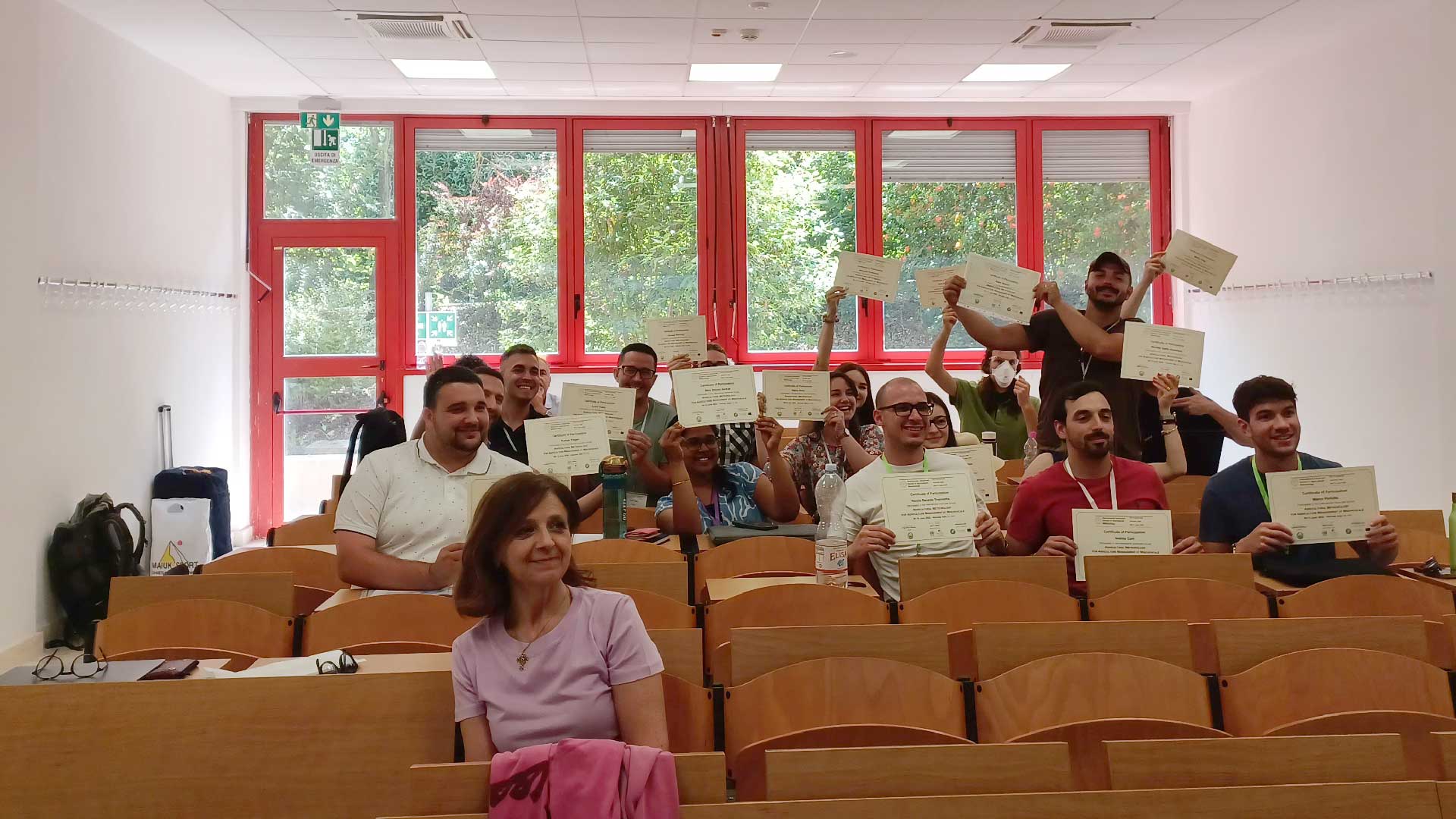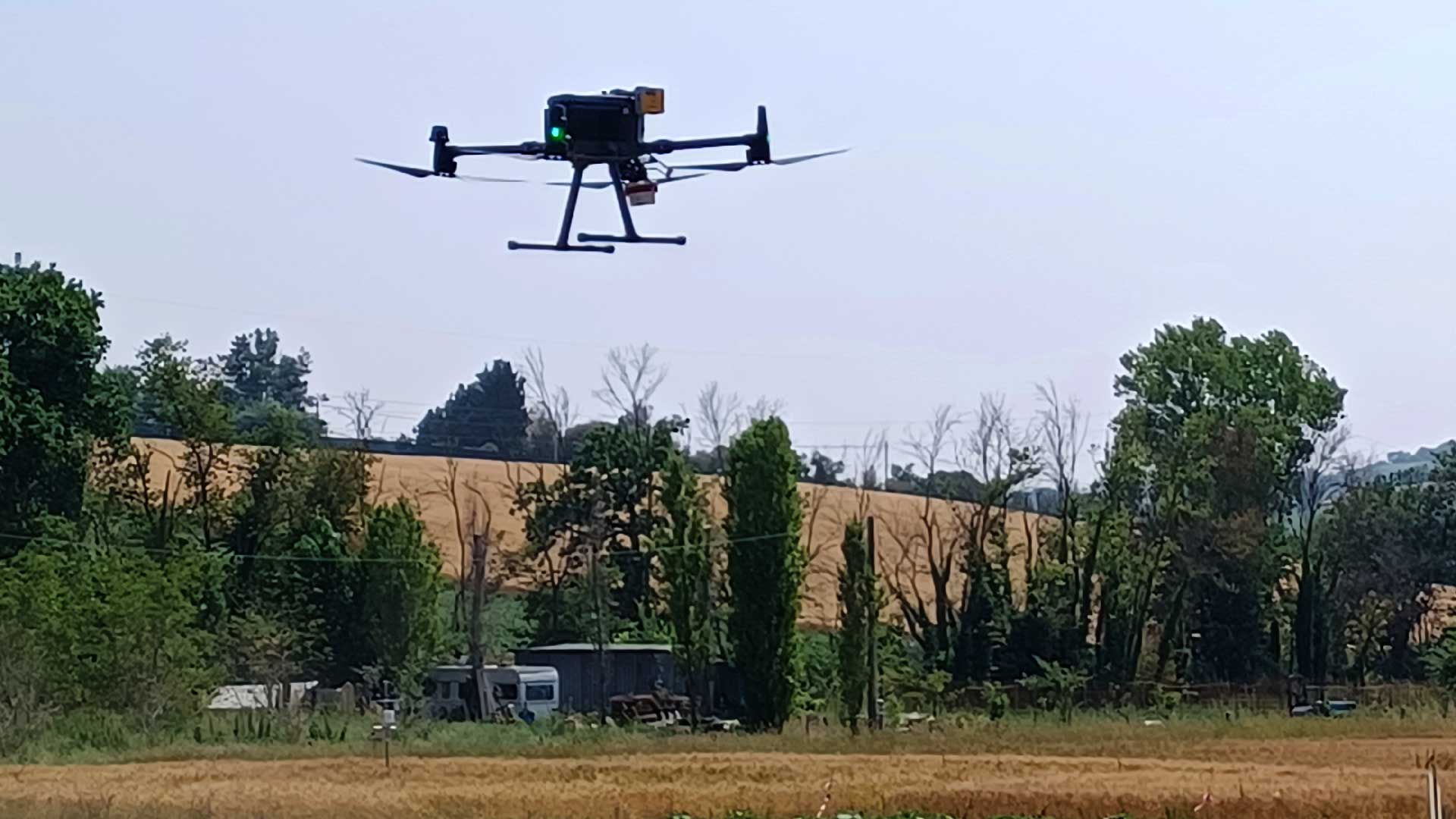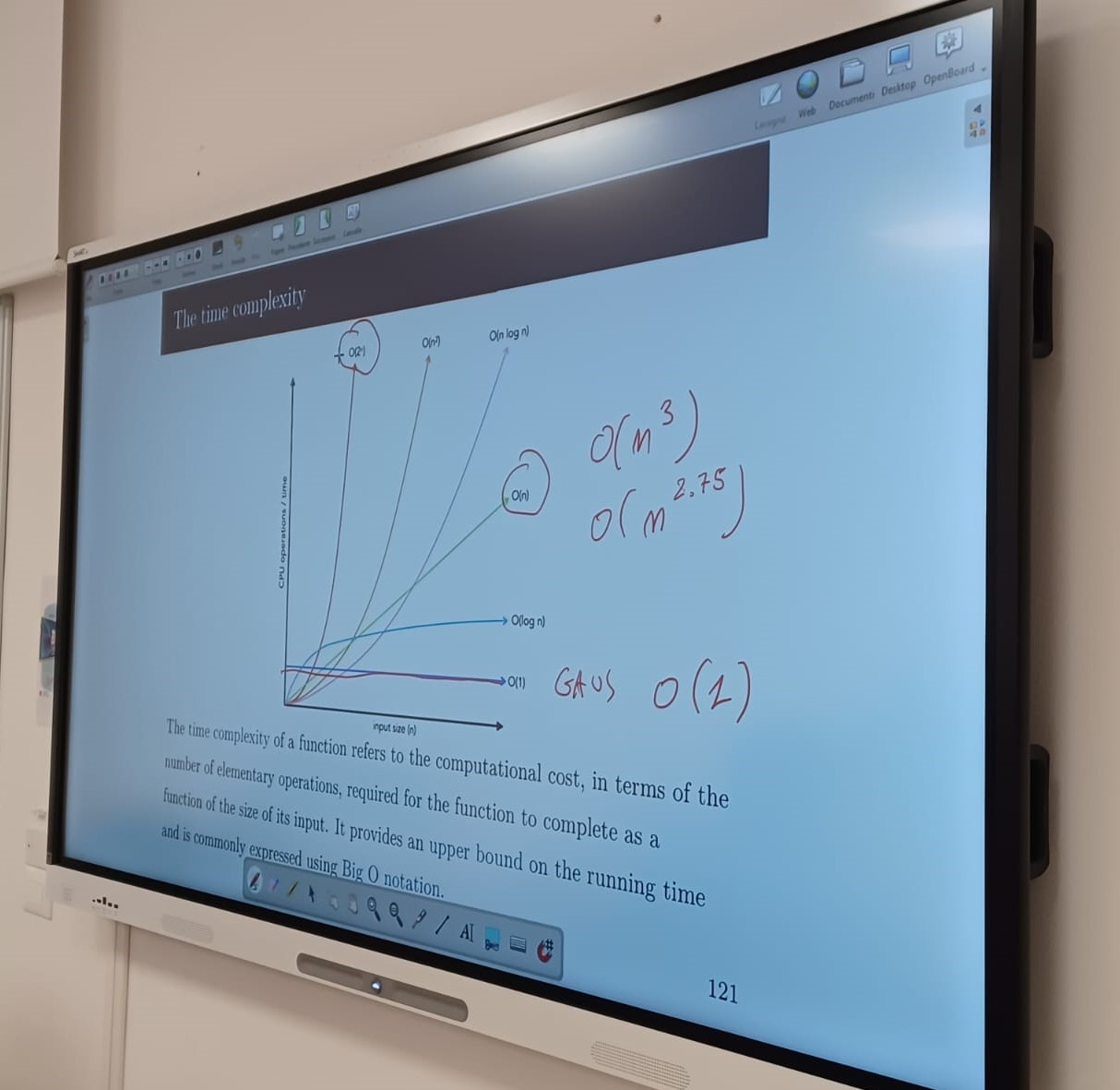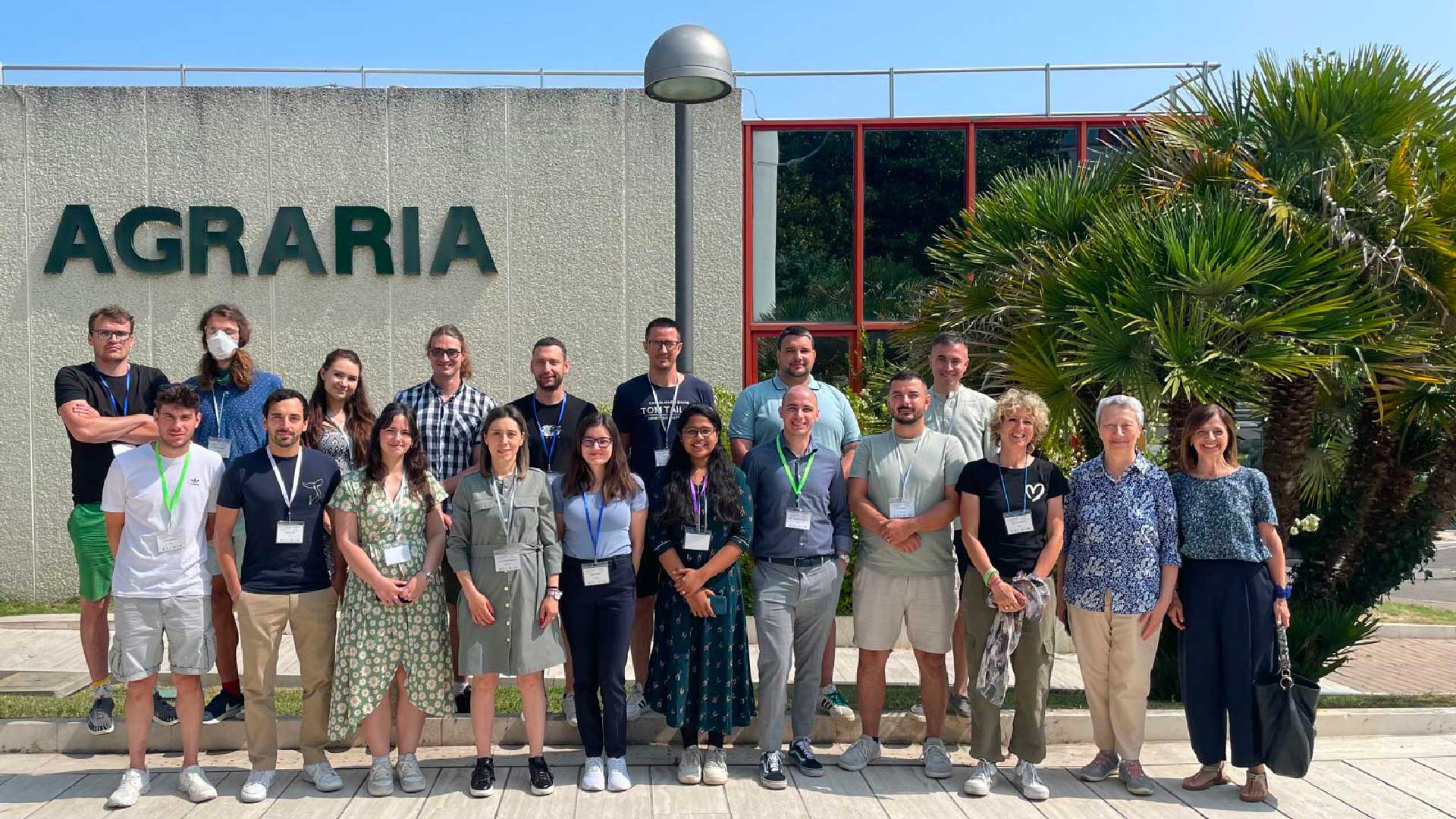Climate science has made significant progress in recent years in understanding the causes and consequences of climate change. However, despite this progress, there are still significant limitations to what can be known and accomplished through the scientific method alone. In order to overcome these limitations, it is necessary to turn to other disciplines, such as sociology and philosophy.
Limitations of Climate Science
One major limitation of climate science is that it is often difficult to translate scientific findings into actionable policies. This is because climate science is concerned primarily with understanding the physical processes that drive climate change, whereas policy-making requires an understanding of the social, economic, and political factors that influence the adoption of climate policies. Sociology, the study of human social behaviour and interactions, can help bridge this gap by providing insight into how individuals and societies understand and respond to the threat of climate crisis.
Post-Normal Science: A Holistic Approach
Undoubtedly, the issue is complex and multifaceted and requires a holistic approach to address it effectively. One approach that has been gaining traction in recent years is that of post-normal science (PNS). Post-normal science, as defined by Funtowicz and Ravetz (1993) is a paradigm shift in the way we approach scientific research and decision-making. It recognizes that many of the problems we face today, such as climate change, are complex and uncertain, and require a different approach than traditional science. It is a problem-solving strategy appropriate when facts are uncertain, values are in dispute, stakes are high and decisions are urgent.
Key aspects of Post-Normal Science
One key aspect of post-normal science is the recognition that science is not neutral, but is influenced by societal values and interests. Therefore, it is essential to involve stakeholders, such as policymakers and community members, in the scientific process. This helps to ensure that the research is relevant and addresses the concerns of those most affected by the problem. Another important aspect of post-normal science is the use of multiple forms of knowledge. Traditional science relies primarily on quantitative data, but post-normal science recognizes the importance of other forms of knowledge, such as local and indigenous knowledge, as well as the perspectives of experts in fields such as sociology, philosophy, and economics.
Climate Crisis and Post-Normal Science
Quoting the “Introduction: Post-Normal Climate Science. Nature and Culture” by Krauss, Werner & Schäfer, Mike & Von Storch, Hans: A Nature editorial as a follow-up to our workshop argued that seen through the lens of post-normal science, it is indispensable for a successful practice of climate science to “embrace the idea that public and stakeholder participation can help to define research priorities[,] … and that those with direct needs for climate-related information—businesses, regional planners, government departments—have a greater say in the kind of services and knowledge that they expect publicly funded researchers to produce. (Anonymous 2011: 123).
Hence, in the context of the climate crisis, Post-Normal Science can help us to better understand the complex interactions between the climate system and human societies. It can also help us to identify the most effective strategies for addressing the crisis, and to involve all stakeholders in the decision-making process. To face the climate crisis from a post-normal science perspective, we need to take a holistic approach that involves multiple forms of knowledge and perspectives. We must also recognize that the issue is deeply rooted in societal values and interests, and that addressing it will require a collective effort from all sectors of society.
Suggested Readings
- Funtowicz, S. and Ravetz, J. (1993) Science for the post-normal age, Futures, 25, pp. 739-755. https://www.sciencedirect.com/science/article/abs/pii/001632879390022L
- Silvio Funtowicz, “A quick guide to post-normal science”, Integration and Implementation Insights, 19/10/2021, https://i2insights.org/2021/10/19/guide-to-post-normal-science/ (accessed 16/01/2023)
- Krauss, Werner & Schäfer, Mike & Von Storch, Hans. (2012). Introduction: Post-Normal Climate Science. Nature and Culture. 7. 121-1332. 10.3167/nc.2012.070201.
- Hulme, Mike. 2007. “The Appliance of Science.” Guardian, 14 March. https://www.theguardian.com/society/2007/mar/14/scienceofclimatechange.climatechange (accessed 16/01/2023)
- L’Astorina, A. & Mangia, C. (eds). (2022). Scienza, politica e società: l’approccio post-normale in teoria e nelle pratiche. SCIENZIATI IN AFFANNO? (Vol. 1): pp.296. Cnr Edizioni. https://doi.org/10.26324/SIA1.PNS.
PDF English Abstracts






